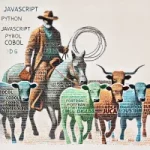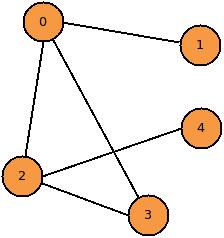Code pages were once the backbone of character encoding in computers, providing a way to map binary values to text in different languages. However, they had significant limitations, particularly when dealing with multiple languages at once. This article explores the history of code pages, how they were used, and why they have been largely replaced by the modern Unicode standard, which offers a universal character set for all languages.
Continue Reading “Introduction to Code Pages: Legacy Character Encoding Systems”


Recent Comments